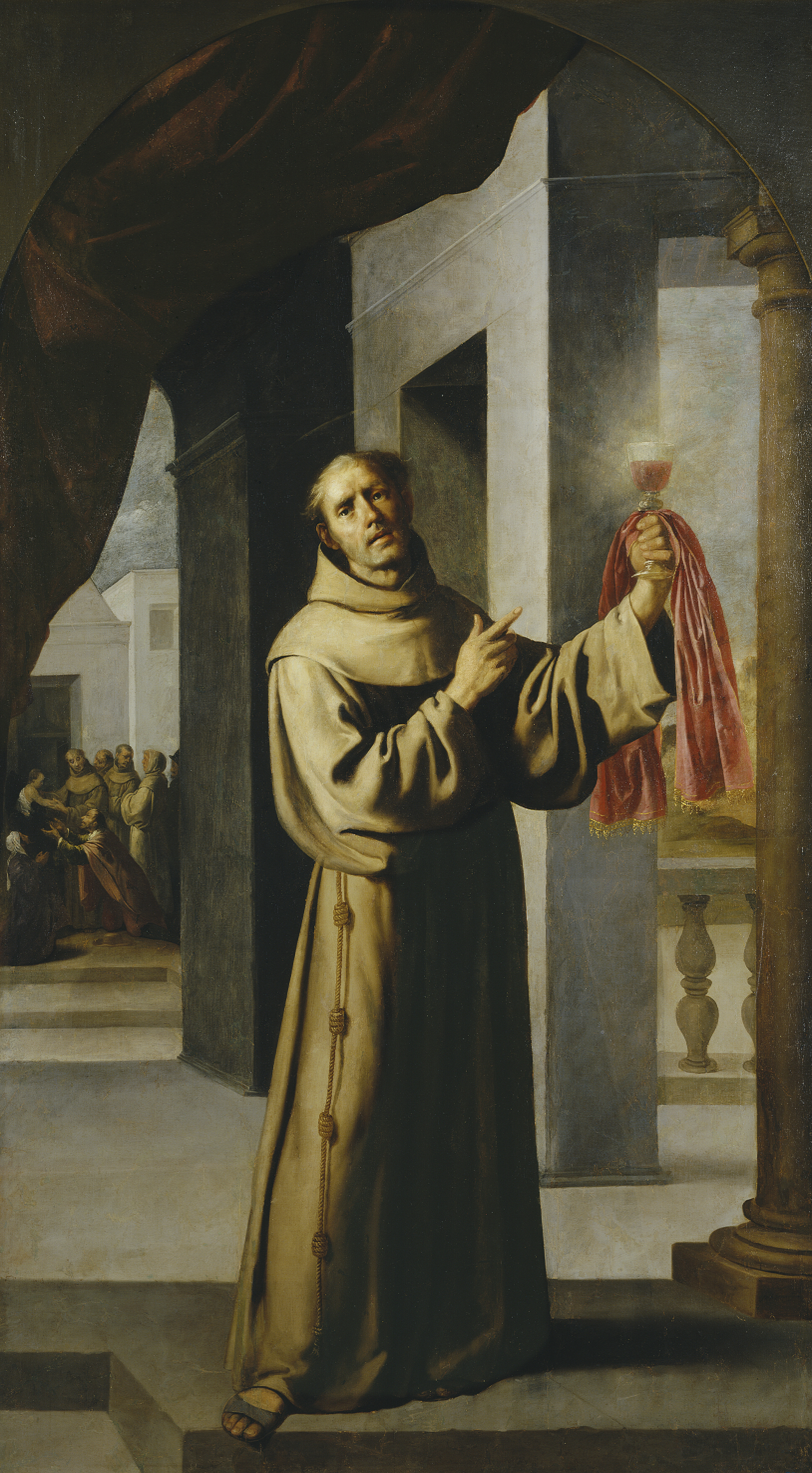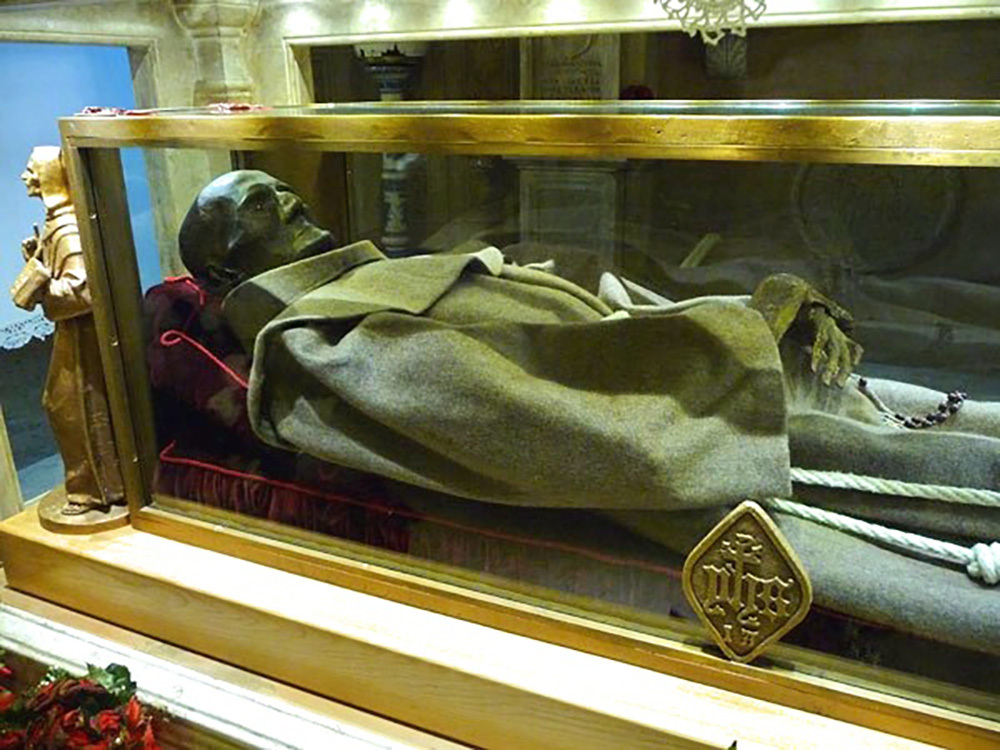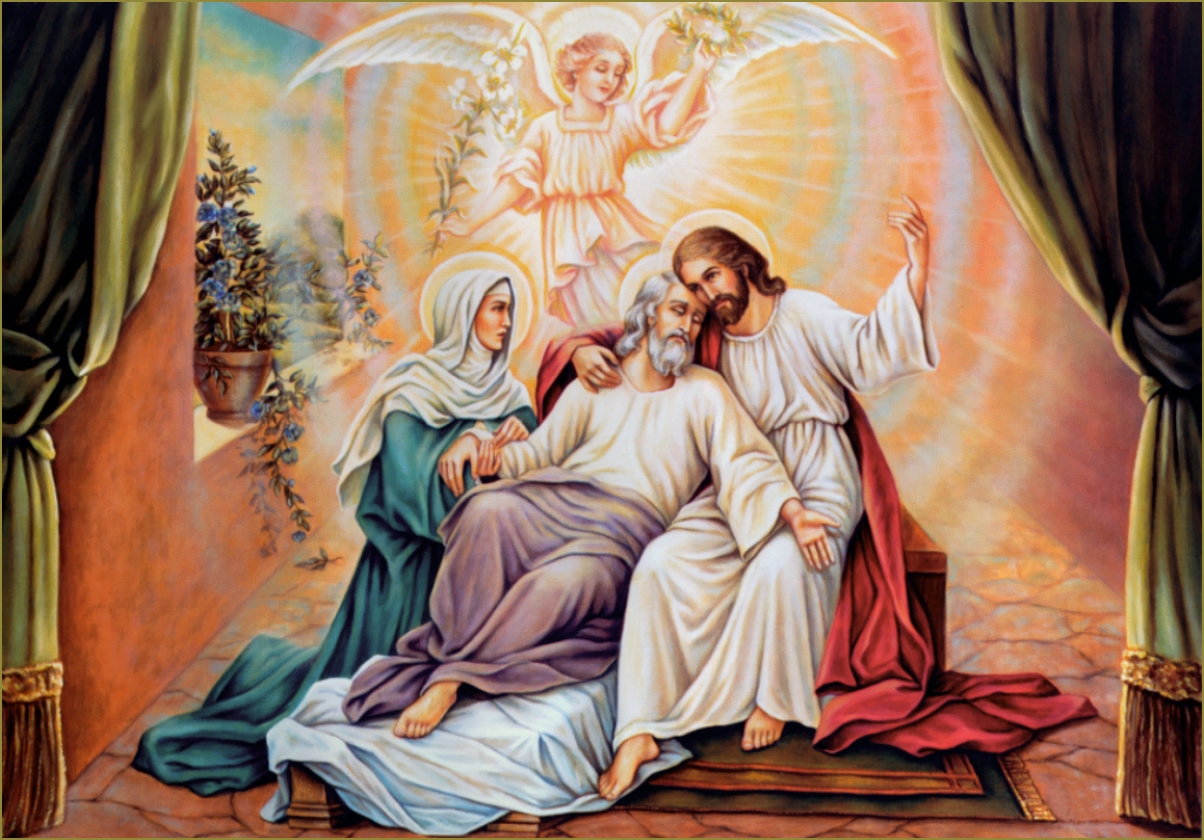
-St James of the Marche,~1625 AD, by Francisco Zuraban, oil on canvas, Height: 291 cm (114.6 in). Width: 165 cm (65 in), Prado Museum
The self-inflicted wound is always the dearest (most costly). I am well acquainted. Well acquainted.
I LOOOOOOOOVE BEING A CATECHIST!!!!!! So far, I want my epitaph, very fashionable to write your own, to read: engineer, entrepreneur (still working on that one), CATECHIST!!!!!!!!, & Mt 25:20. JPII posited, and I agree, unleash an army of dedicated catechists on the world and it will be converted. The message is the power, we are only messengers. But, they still shoot messengers, don’t they. Regardless of how profoundly imperfect the messenger (me), the Message IS PERFECT!!!!!
When preparing the confirmandi for the sacrament of Christian adulthood, it is required they know the seven gifts of the Holy Spirit they are about to receive through supernatural grace: wisdom, understanding, counsel, fortitude (courage), knowledge, piety, and holy fear of the Lord – which is the beginning of wisdom.
I have come to a much deeper, more personal knowledge of fortitude, and what that gift of the Holy Spirit means, of late, as I am sure have most Catholics who continue to practice the Faith and are not in denial or willful ignorance.
For the past ten years, going to Mass I have felt and still feel distinctly like Alice in Wonderland and the Queen of Hearts is having a bad day. No apologies to Lewis Carroll (Reverend Charles Lutwidge Dodgson) who was a pedophile. Why do you think he wrote the book? I learned this from former Cook County detective, and now international consultant on child trafficking, Robert Hugh Farley. See all the wonderful things I get to learn? Sleep like the dead? References to Carroll are used in chat rooms and in person by the depraved as a sort of code their fellow felons will comprehend.
For ten years I have gone to Mass as internationally billions were paid, priests were defrocked, arrested, sentenced to prison for the rest of their short natural lives, a bishop was indicted, international criminal court charges of crimes against humanity were filed at the Hague, multiple international government reports issued and never once have I heard this Truth addressed in any meaningful way from the pulpit. Not a blip. Not a burp. Not a wiggle from the pulpit, save Old St Pat’s, to their credit and courage. Silence. I realize there have been exceptions, and I have not attended every homily, yet, still, in general, a profoundly disconcerting level of silence given the magnitude of “the situation”. Disturbing, disturbing.
I realize the ears of many of my fellow Catholics would bleed should a celebrant have the courage to speak such truth to power during Mass, but, the Truth is a b****, ain’t she? Apologies, ladies. Cultural milieu, and all that jazz, you know. No offense intended.
We can pray for the repose of the soul of Moammar Ghadafi or some other nonsense I regularly hear in the Prayers of the Faithful together as a community in our worship space, a horrible Muslim dictator, but not deal with our own s***? Knave of Hearts, pray tell, where are the Queen’s tarts? As if nothing was going on? As if we would not notice? Yet, we play with the words of the Mass? Nero, where’s that violin? Maddening. Absolutely maddening. We applaud positive financial status updates from the pulpit, but never sermons? That assumes there would be, are, were sermons worth applauding? The celebrant gets up to the pulpit and says, “Be nice!” 🙁 St John Chrysostom, pray for us! Comfort the disturbed and disturb the comfortable?
Each time another shoe would drop, and those shoes are GIANTS, I thought to myself every Sunday, “OK, now they HAVE TO SAY SOMETHING!!!!!” Nope. But, nothing stopped the big, important collections. Those HAD to go on without a hitch. God help us all. He will have to. Not the soul murder of children, the ripping away of their innocence, not the utter destruction, literally, of lives, of families, not the obfuscation, not the dissembling, not the obstruction of justice, not the bs, not the payouts, not the abounding stupidity & insanity. Nothing. Where is the virtue of fortitude? Holy Spirit gift #4!!!!!???? Mt 23:3
I must give credit to Old St Pat’s though for at least having the courage to speak of the issue, if not to it. One-third of the country still cannot accept the current President was born in the US, so sanity and rational behavior I am not expecting. (Pssssst…let you in on a little secret…non-white people have, actually, been born in this country, and, according to the Constitution, are legally eligible to be President of the USA. Shocker. The Union won! Ad victorem spolias! Your mileage may vary.)
I really start to wonder if Jesus had any doubts? Regrets? How tormenting they must have been. I cannot, dare not attempt to imagine. The Agony in the Garden has always been one of my most favorite meditations. How could it not be? For anyone? Who is human and has a pulse?
The observant viewer of Mel Gibson’s movie, The Passion of the Christ, will note that in the garden scene, one manifestation of the agony of Jesus was the tiny blotches of blood that surfaced on His facial skin. This feature of Christ’s suffering is alluded to by Luke, the author of the New Testament books of Luke and Acts, who himself, by profession, was a physician. His writings manifest an intimate acquaintance with the technical language of the Greek medical schools of Asia Minor.
Of the four gospel writers, only Dr. Luke referred to Jesus’ ordeal as “agony” (agonia). It is because of this agony over things to come that we learn during His prayer “his sweat was as it were great drops of blood falling down to the ground” (Luke 22:44). Only Luke referred to Jesus’ sweat (idros)—a much-used term in medical language. And only Luke referred to Jesus’ sweat as consisting of great drops of blood (thromboi haimatos).
A thorough search of the medical literature demonstrates that such a condition, while admittedly rare, does occur in humans. Commonly referred to as hematidrosis or hemohidrosis (Allen, 1967, pp. 745-747), this condition results in the excretion of blood or blood pigment in the sweat. Under conditions of great emotional stress, tiny capillaries in the sweat glands can rupture (Lumpkin, 1978), thus mixing blood with perspiration. This condition has been reported in extreme instances of stress (see Sutton, 1956, pp. 1393-1394).
During the waning years of the twentieth century, 76 cases of hematidrosis were studied and classified into categories according to causative factors: “Acute fear and intense mental contemplation were found to be the most frequent inciting causes” (Holoubek and Holoubek, 1996). While the extent of blood loss generally is minimal, hematidrosis also results in the skin becoming extremely tender and fragile (Barbet, 1953, pp. 74-75; Lumpkin, 1978), which would have made Christ’s pending physical insults even more painful.
From these factors, it is evident that even before Jesus endured the torture of the cross, He suffered far beyond what most of us will ever suffer. His penetrating awareness of the heinous nature of sin, its destructive and deadly effects, the sorrow and heartache that it inflicts, and the extreme measure necessary to deal with it, make the passion of Christ beyond all comprehension.
Age and experience have only added/continue to add to the profundity of the Agony’s contemplation for me. I have to do what? For whom? Father, U R NUTS!!!!!! I AM outta here! Amen.
I am told from those who have been to the Gethsemane, there is a little path with which one can slip out unseen, unnoticed and anyone in a situation like the Lord’s, knowing they were about to be betrayed and fully comprehending what that meant and what “justice” they were likely to receive could have been long gone, quickly & easily. See what Love can do? For the profoundly unworthy? Like me.
dys·func·tion [dis-fuhngk-shuhn]
noun Sociology. a consequence of a social practice or behavior pattern that undermines the stability of a social system. I n s a n i t y.
WWJD? Jesus would say, “WTF?” Kyrie eleison. Kyrie eleison.

-please click on the image for greater detail
Tragically, in these times of economic hardship, it seems perversely appropriate, ironic, to introduce ourselves to St James of the Marche, one of the fathers of the modern pawnshop.
James Gangala was born in the Marche of Ancona, in central Italy along the Adriatic Sea. After earning doctorates in canon and civil law at the University of Perugia, he joined the Friars Minor (Conventuals) and began a very austere life. He fasted nine months of the year; he slept three hours a night. St. Bernardine of Siena told him to moderate his penances.
James studied theology with St. John of Capistrano. Ordained in 1420, James began a preaching career that took him all over Italy and through 13 Central and Eastern European countries. James preached penance and conversion and combated heresy.
The Fraticelli
The Fraticelli/Zelanti/Spirituals were medieval Roman Catholic groups that could trace their origins to the Franciscans, but which came into being as a separate entity. The Fraticelli were declared heretical by the Church in 1296 by Boniface VIII.
The Fraticelli (“Little Brethren”) were extreme proponents of the rule of Saint Francis of Assisi, especially with regard to poverty, and regarded the wealth of the Church as scandalous, and that of individual churchmen as invalidating their status. They were thus forced into open revolt against the whole authority of the Church. Umberto Eco’s novel The Name of the Rose is set against the persecution of Fraticelli.
In 1394, Pope Martin V nominated St. John Capistran (27 May) and St. James of the March (11 October) as inquisitors general to take action against the Fraticelli. These promoters of order among the Franciscans fulfilled the duties of their office strictly and energetically and succeeded in striking at the very vitals of the sect. In 1415, the city of Florence had formally banished the “Fraticelli of the poor life, the followers of Michelino of Cesena of infamous memory”, and in Lucca five Fraticelli, on trial, had solemnly abjured their error (1411).
Preaching
Friar James was an extremely popular preacher and converted many people (250,000 at one estimate) and helped spread devotion to the Holy Name of Jesus. His sermons prompted numerous Catholics to reform their lives and many men joined the Franciscans under his influence.
With John of Capistrano, Albert of Sarteano and Bernardine of Siena, James is considered one of the “four pillars” of the Observant movement among the Franciscans. These friars became known especially for their preaching.
Pawn Star
To combat extremely high interest rates, James established montes pietatis (literally, mountains of charity) — nonprofit credit organizations that lent money at very low rates on pawned objects.
Enemies & assassination attempts
Not everyone was happy with the work James did. King Tvrtko II of Bosnia and particularly Queen Dorothea tried to poison him. Twice assassins lost their nerve when they came face to face with him. He is generally represented holding in his right hand a chalice, out of which a snake is escaping – an allusion to some endeavors of heretics to poison him, using the chalice with which he would celebrate Mass. James was buried in Naples in the Franciscan church of St. Maria la Nuova, where his body is still to be seen.
James wanted the word of God to take root in the hearts of his listeners. His preaching was directed to preparing the soil, so to speak, by removing any rocks and softening up lives hardened by sin. God’s intention is that his word take root in our lives, but for that we need both prayerful preachers and cooperative listeners.

-incorrupted remains of St James of the Marches, please click on the image for greater detail
“Beloved and most holy word of God! You enlighten the hearts of the faithful, you satisfy the hungry, console the afflicted; you make the souls of all productive of good and cause all virtues to blossom; you snatch souls from the devil’s jaw; you make the wretched holy, and men of earth citizens of heaven” -sermon of St. James of the Marche
On the feast of Saint James of the Marches, we pray for the fortitude, steadfastness, and endurance that this holy man displayed each day of his life in defense of the Faith and of Holy Mother Church. Saint James of the Marche, pray for us! 2 Tim 4:7, “Keep the Faith!” -Mary D. McCormick. “Young man, get your ass to Mass!” – (Pfc) Robert L. McCormick (USMC, 1942-1946, Ret), when as a college student I had temporarily stopped attending Mass.
A Prayer for Fortitude
O Holy Spirit, who descended upon the twelve as they stood in anxiety, come unto me in my endeavors. Banish from my heart all timidity and false pride; strengthen my soul to avoid all sin, to practice virtue, and to prefer ridicule to the denial of my Lord and Savior Jesus Christ. Let not the goodness of purity, obedience and charity be obscured in the face of adversity. Instill in me the virtue of Fortitude so that I may courageously profess and practice my holy Catholic faith. Open my eyes, O Holy Spirit, that I may recognize my state in life. Give me the confidence to embrace it and the strength to live it as a son of God. I pray that Your guidance, protection and consolation may be with me now and throughout my life. Amen.
Love,
Matthew














